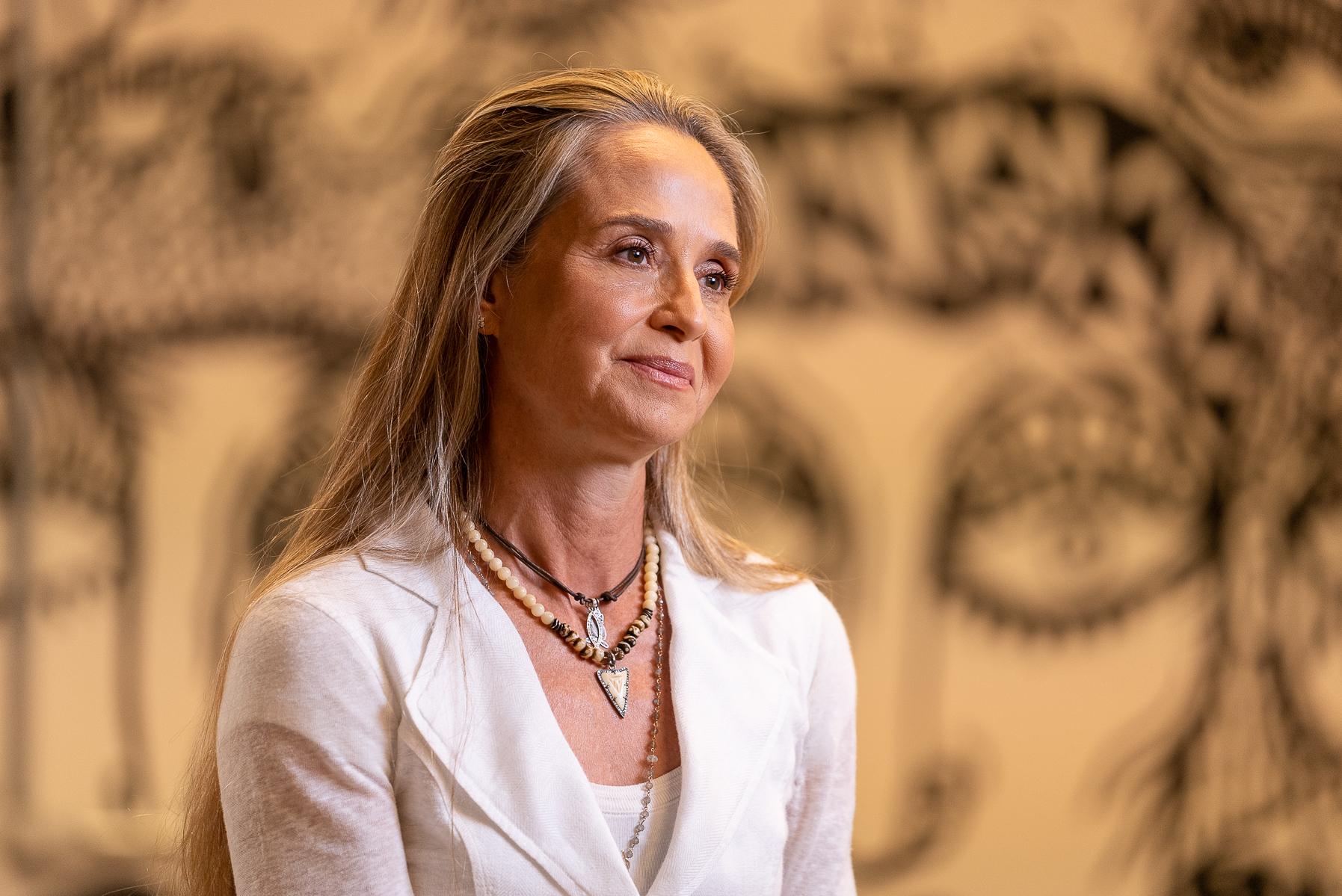Initiative proposes rethinking the prohibition of drugs that can bring health benefits and stimulate the economy, in addition to allocating taxation on alcohol and tobacco to public health and public security policies
The “Conselhão” created to advise President Luiz Inácio Lula da Silva, officially called the Sustainable Social Economic Development Council, has just established its 16 Working Groups to elaborate proposals to be incorporated by the government. Among them, stands out the group called “National Policy on Psychoactive Substances: Health Promotion, Stimulation of Economic Activity and Improvement of Public Security”, proposed by Patrícia Villela Marino, counselor of the Institute for Social and Economic Research on Cannabis (Ipsec) and president of the Humanitas 360 Institute.
“The Brazilian State has very different approaches to psychoactive drugs such as alcohol and tobacco on the one hand, and Cannabis, Psilocybin, MDMA and LSD on the other. While the former, which only bring harm to health, are socially accepted, have authorized sales and advertising and generate taxes, the latter, despite the benefits to physical and mental health proven by dozens of scientific studies, are prohibited, constituting the main source of income for criminal factions and positioning the Brazilian prison system as the third that most imprisons people on the planet,” says Patrícia Villela Marino.
According to Patrícia, it is necessary to untie the knot that prevents the country from assessing the economic benefits of Cannabis and other drugs, which in the US already move billions of dollars in the formal economy every year. “On the other hand, sales of psychoactive drugs such as alcoholic beverages and cigarettes cannot continue to grow without reversing taxes to treat addicts or finance public health and public security policies to combat trafficking,” she says.
The proposal for the “National Policy on Psychoactive Substances” was supported by another 20 members of the Council: Claudio Luiz Lottenberg, Maria Alice Setubal, Nelson Jobim, Walfrido dos Mares Guia, Priscila Fonseca da Cruz, José Vicente, Ricardo Manuel dos Santos Henriques, Ana Amélia Inoue, Fernanda de Albuquerque Maranhão Burle, José Ricardo Montenegro Cavalcante, Ana Fontes, Rosangela Lyra, Germano Rigotto, Teresa Vendramini, Eduardo Wurzmann, Renata Piazzon, Emanuel Teles Oliveira, Marco Aurélio de Carvalho, Ilona Szabó e Viviane Pereira Sedola.
Following is the complete list of working groups created within the Conselhão: Peripheries, Psychoactive Substances, Industrial Health Complex, Creative Economy, Reparation Policies, Restoration of Degraded Areas, Social Determinants of Health, Energy Transition, Production of the Future, Combating Hunger, Urban Mobility, Amazon, Circular Economy, Productive Inclusion, Credit and Investment and Early Childhood.





